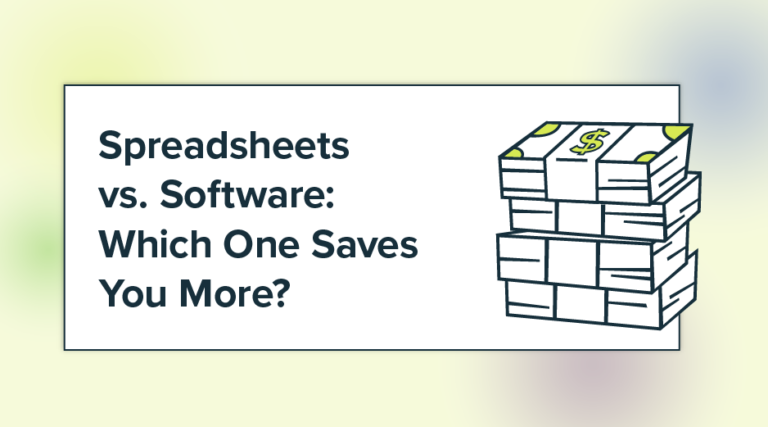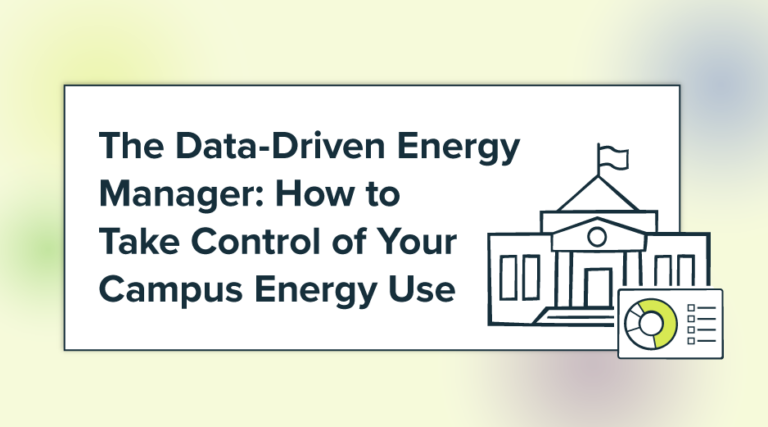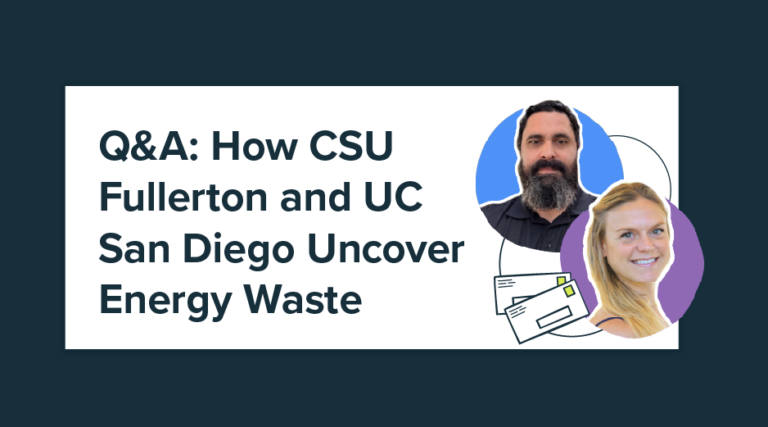We all know about four-letter words. We learned a couple of them when we were young, but when we tried them out in conversation, we discovered they were non-starters, especially with mom. My parents had ways of ensuring that an important lesson was learned—some words are dirty and some words are clean. 
A number of times, the dirty words seemed to have four letters. But not always. And as I grew older, they grew harder to classify. Today’s blog is about a fourteen-letter word which, if we’re honest, can fall on either end of the clean/dirty continuum, depending on the manner in which the word is used, who is using it, and for what purpose.
According to Wikipedia, the word SUSTAINABILITY (a compound word) is derived primarily from the Latin sustinere (tenere, to hold; sub, up). Sustain can mean “maintain”, “support”, or “endure”. “Ability” indicates possession of the means or skill to do something. Thus, a sustainable chemical reaction is a reaction that can continue at a steady rate for a long time.
However, embedded in this limited and relatively non-controversial definition are the seeds of trouble. We usually think of something enduring as good. But what if we don’t want something to endure? And what if we want to change the rate or the time of that sustainable reaction? We can say that oil and/or natural gas production in the United States is sustainable, but does that make fracking clean or dirty?
Sustainability doesn’t tell us. It’s an elusive word—some might even say it has become downright sneaky.
The Sustainable Measures website declares that “There may be as many definitions of sustainability…as there are groups trying to define it.” And, “different ways of defining sustainability are useful for different situations and different purposes.”
Of course, the problem with this multiplicity of definitions and purposes is that the word loses its clarity and ability to convey meaning. And that is what has happened to sustainability. It has become soft and, well, squishy. And in doing so, it doesn’t adhere to the black/white, clean/dirty classification system. That’s the downside.
The upside is that squishy words can be shaped and reshaped to invest meaning. Like a slushy snowball, they can be packed and remolded until they become useful. And this is exactly what Erik Foley is doing. He is reshaping sustainability until it becomes an idea with the power to transform an organization—for the better.
Erik is the Director of Sustainability Planning and Operations at Penn State’s Sustainability Institute, where he recently wrote the Sustainability Planning Guidebook. He has presented a free webinar titled Beyond Compliance: The Four Levels of Engagement with Sustainability.
The webinar is part of EnergyCAP’s Energy Leader Webinar Series. Click the link below to hear how a sustainability strategy can favorably impact your organization.
{{cta(‘0553607e-6080-45bd-b1c7-e03d2475c02f’)}}
 Best-in-class portfolio-level energy and utility bill data management and reporting.
Best-in-class portfolio-level energy and utility bill data management and reporting.
 Real-time energy and sustainability analytics for high-performance, net-zero buildings.
Real-time energy and sustainability analytics for high-performance, net-zero buildings.
 A holistic view of financial-grade scope 1, 2, and 3 carbon emissions data across your entire business.
A holistic view of financial-grade scope 1, 2, and 3 carbon emissions data across your entire business.
 Energy and sustainability benchmarking compliance software designed for utilities.
Energy and sustainability benchmarking compliance software designed for utilities.



